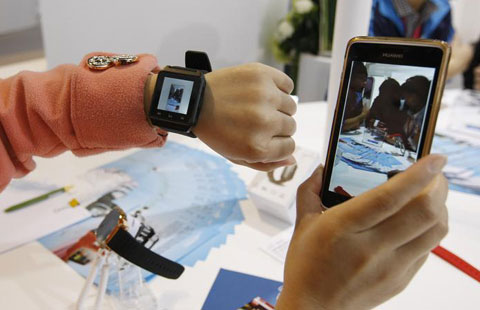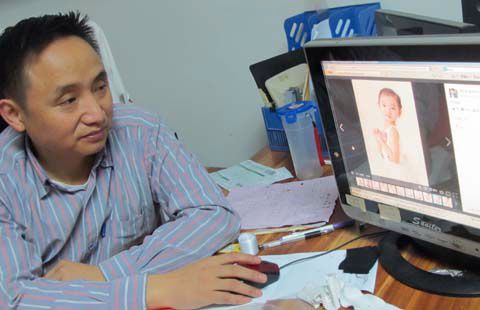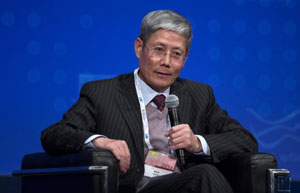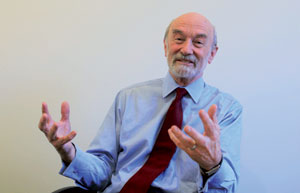Inside China's most exclusive business club
By Chen Yingqun and Ji Tao (China Daily) Updated: 2014-04-28 06:35"All my life my dream has been to have Chinese cars on the world's roads. That's what matters most to me. If I get bogged down in research and trying to build a brand from scratch, my dream may never come true. I have the chance to buy this thing, and that's what I'm going to do."
As Li's fellow entrepreneurs realized how strongly he felt, the mood in the room changed, Cheng says, and they then started talking about how he could make the deal succeed.
They tossed around ideas about legal matters, management, branding and marketing, finding and retaining talent and labor issues.
 |
|
 |
Another, Liu Chuanzhi, founder and honorary chairman of China's largest PC maker, Lenovo Group Ltd, recounted how he had bought IBM's personal computer business.
"It was very moving," Cheng says. "Everyone spoke and held back nothing. Li was aware of the risks and was willing to face them. The others understood what he wanted to do and gave him their wholehearted support."
That meeting, pivotal to how Li proceeded, is just one of 25 member visits that CEC has organized since it was founded seven years ago. Each meeting is hosted in a member company's location, who are founders of leading companies in their industry. Through proactive discussions, participants learn from each other and solve their crucial problems.
The combined annual revenue of CEC member companies represents much more than 2 trillion yuan ($326 billion), accounting for about 4 percent of China's GDP last year and larger than the GDP of about 150 countries, including Denmark and Malaysia.
In addition to the entrepreneurs, there are eight academics and economists who act as advisers.
Yet it was figures of a far bleaker kind that brought the entrepreneurs together. In 2003, the SARS outbreak sparked a global health alert, and at least 800 people in 15 countries died after contracting the virus.
 |
 |
| Check out Chinese tycoons' offices |
- The dream and reality for young Chinese workers
- Industrial profits rebound in March
- Insurance industry struggles to attract recruits
- Stop pork from becoming easy meat
- State Information Center forecasts 7.4% Q2 growth
- Rent a ZINORO 1E for a greener life electric drive
- Leasing plays little role in world's largest market
- Beijing auto show voices

















